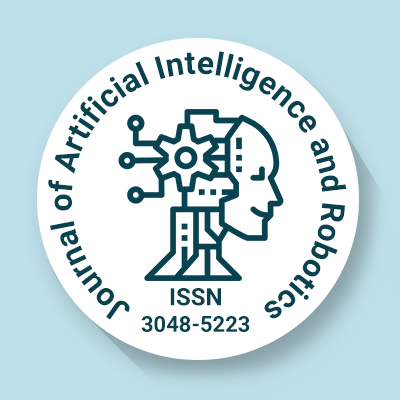
Journal of Agriculture and Livestock Farming
OPEN ACCESS
ISSN: 3048-5223

OPEN ACCESS
ISSN: 3048-5223

Background: Climate change and biodiversity loss represent critical environmental challenges with profound implications for ecosystems and species. The increasing severity of climate shifts affects habitats, disrupts food chains, and accelerates species decline, while the loss of biodiversity further diminishes ecosystem resilience and adaptability. Traditional methods for analyzing these impacts are often inadequate, necessitating innovative approaches that leverage modern technologies.\r\nObjective: This research aims to evaluate the role of advanced computational methods in understanding and addressing the impacts of climate change on biological systems. It seeks to explore how these technologies enhance our ability to predict and manage ecological changes, with a focus on integrating diverse data sources to improve forecasting accuracy and conservation strategies.\r\nResearch gap: While significant advancements have been made in environmental monitoring and predictive modeling, there is a need for a comprehensive review of how these methods are applied in climate change biology. Existing literature often lacks a consolidated examination of emerging technologies and their effectiveness in addressing specific ecological issues related to climate change.\r\nMethods: The research synthesizes findings from recent studies on advanced computational techniques, including remote sensing, sensor networks, and predictive modeling. It assesses the integration of diverse data sources, such as satellite imagery, ground-based sensors, and citizen science, to provide a holistic view of environmental conditions and climate impacts. Case studies illustrating successful applications of these methods are analyzed to highlight practical insights and outcomes.\r\nConclusion: Advanced computational methods have significantly improved our understanding of climate change impacts on biodiversity. Enhanced data analysis techniques and predictive models offer valuable insights for conservation and management strategies. Ongoing technological advancements and interdisciplinary collaboration are crucial for refining these approaches and effectively addressing the challenges posed by climate change.